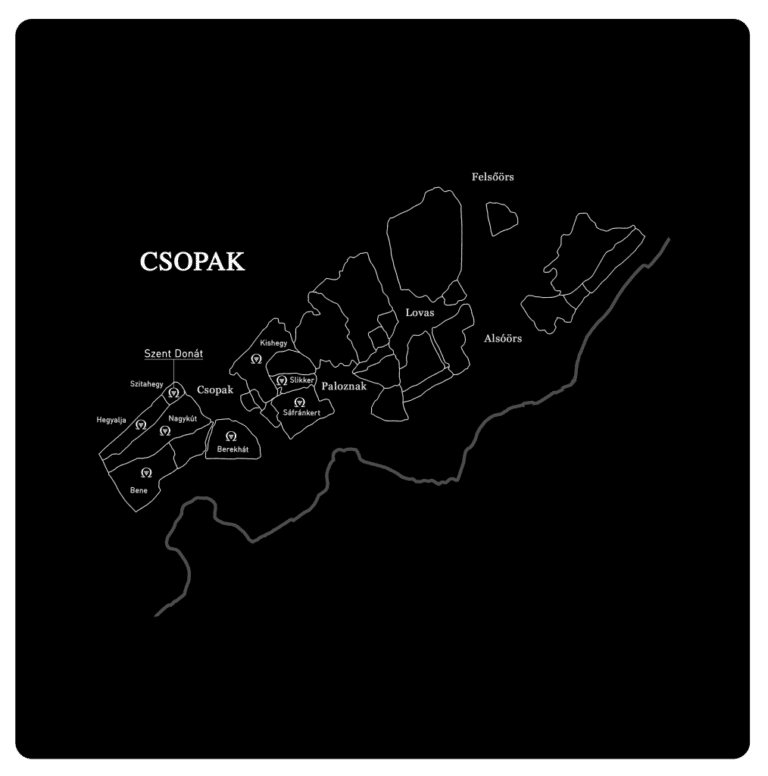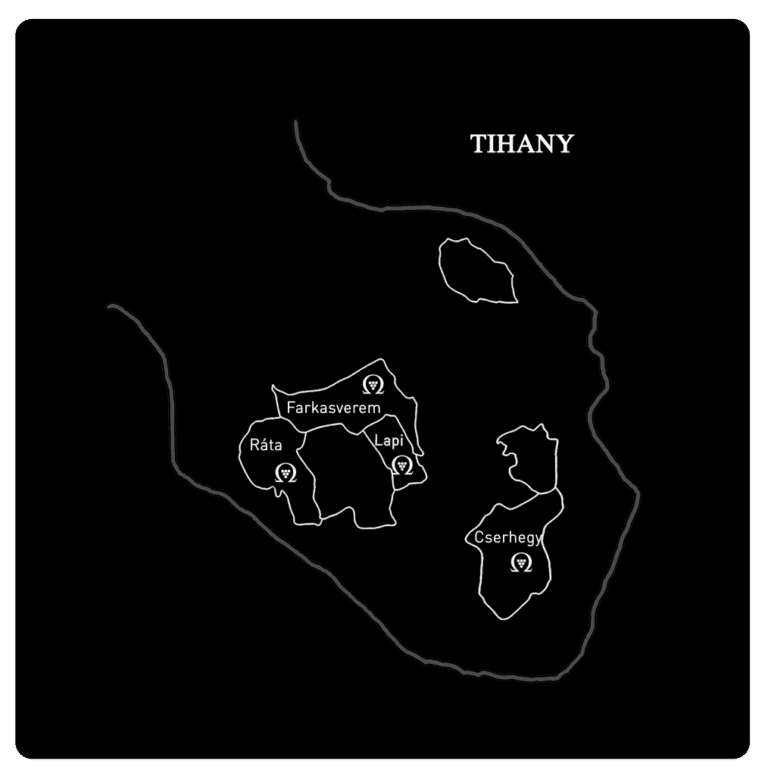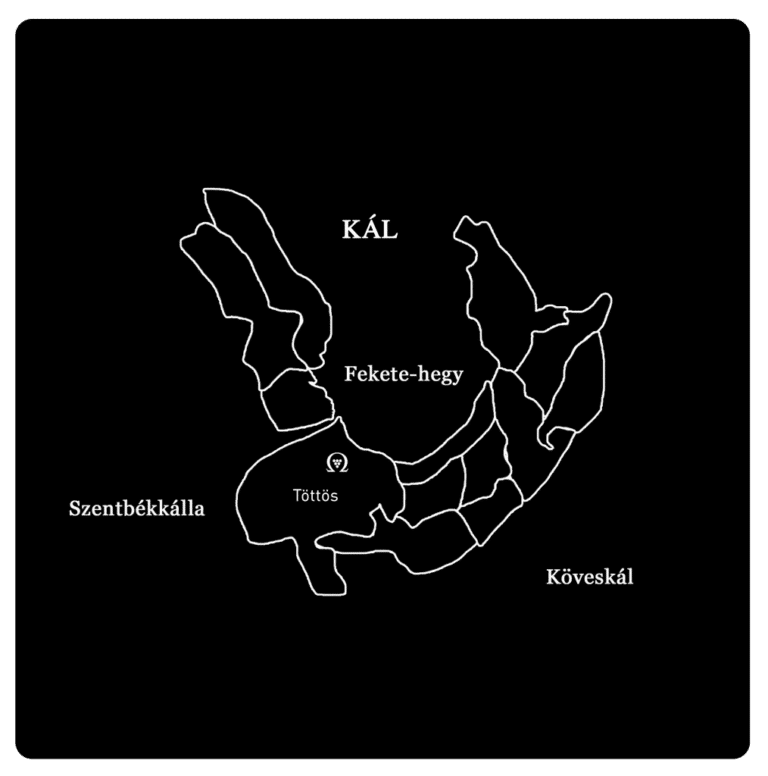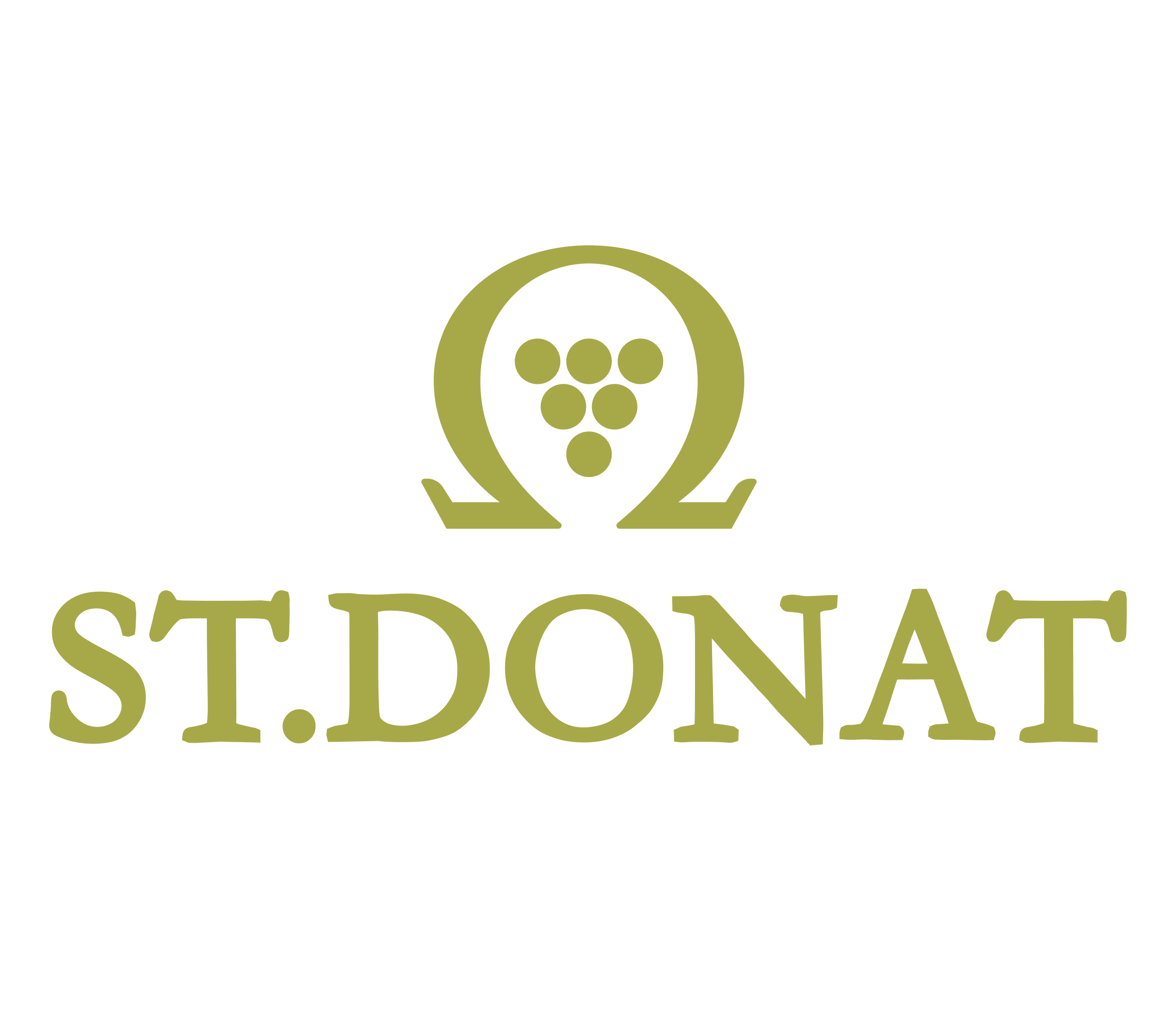WHY ST.DONAT?
We named our estate after St.Donat, the patrone saint of vintners in Csopak. He is believed to protect the vineyards against summer storms and hail. St.Donat was a true Roman born in Rome with a strong faith in God. In 173 AD he served as a legionary in the Roman army and protected the borders of Pannonia (today Western Hungary). Once in a battle their legion got trapped. A heavy summer storm interrupted the fight and the legion could finally escape. It is believed that Donat’s prayers made this miracle happen. During his time veteran legionaries started planting the first vineyards in Csopak. Maybe not a coincidence that hail damage is very rare in the area.
TERROIR
Our plantations are located in Csopak, Tihany and Káli Basin. All the three terroirs have a specific microclimate and geology.
In addition to the different location and the distance from Lake Balaton, the soils of the vineyards are markedly different, which greatly influences the character of the wines.

SANDSTONE
CSOPAK
Perm – 300 million years
The deep red color of the Permian sandstone debris is due to its high hematite content. At the time of its formation, 300 million years ago, our country lay along the equator, in the embrace of the Variscan Mountains. The high mountain range rich in ores has been worn down by the desert climate of the age for millions of years. Its red dust was spread by a river flowing around today’s Lake Balaton.

MARL
CSOPAK
Trias – 200 million years
The marl was formed during geological eras when the area around Lake Balaton became a sea area with a tropical climate for a long time. There were several archipelagos in the warm shallow sea on the edge of the Thetis Ocean. Among them were the heights of the Ancient Bakony, which permanently rose out of the sea. This period was also the heyday of the dinosaurs that populated the lagoons and arid lands of the area.

BASALT
TIHANY, KÁLI BASIN
Miocene – 6 million years
The collision between Africa and Europe was accompanied by intense volcanic activity. Inland seas wedged between the ridges formed during the crease. Such was the case with the Pannonian Sea, which was trapped between the Carpathians and was slowly filled up by the alluvium of the Ancient Danube and the Ancient Tisza. In the place of the former inland sea, a warm savannah region cut by lakes and rivers was born. 8-4 million years ago, the peace of the rich fauna of the savannah was disturbed by the volcanic eruptions of today’s witness mountains.
VINEYARDS AND PARCELS
Diversity of our vineyards is the reason why we love this region so much. Soils with different textures and plots with radically different microclimates come together in our wines.
We cultivate vines in 12 different vineyards and make wines from a total of 15 hectares in Csopak, Tihany and Kali Basin.



Előző
Következő
ORGANIC VITICULTURE
The human-scale 15-hectare estate size gives us the opportunity to manage viticulture on our own and to place a strong emphasis on yield limitation as well. In addition to Csopak, we cultivate vines in Tihany and in the Káli Basin, the best parcels of Fekete-hegy, and we work exclusively with varieties that correspond to the traditions of the wine region.
The diverse location and soil of the areas help our quality aspirations, just as the fact that we process our own grapes only and the winemaking takes place in our cellar in Csopak. In most of our vineyards we carry out controlled organic farming, registered by the Hungária Öko Garancia under registration number 763866.

GENTLE WINEMAKING
We are in favor of minimal intervention in winemaking. When choosing the perfect dates for harvest, we strive to ensure that the grapes get into the cellar with a maximum sugar content of 20 degrees and the right acidity.
On a harvest day, we process no more than one hectare of grapes. When the grapes reach the cellar, we crush the berries gently, then soak them in the skin for a couple of hours, but not more than one night. After soaking, the grapes are gently pressed, and the must, which is naturally filtered by the pomace, is transferred to cooling tanks without settling, and then to fermentation tanks, barrels or ceramics.
The fruit of each harvest day is fermented separately, typically spontaneously, and matured separately until spring extraction. Only natural clarifiers are used in the treatment of the wine, while our olaszrizling selections and red wines are bottled unfiltered.


